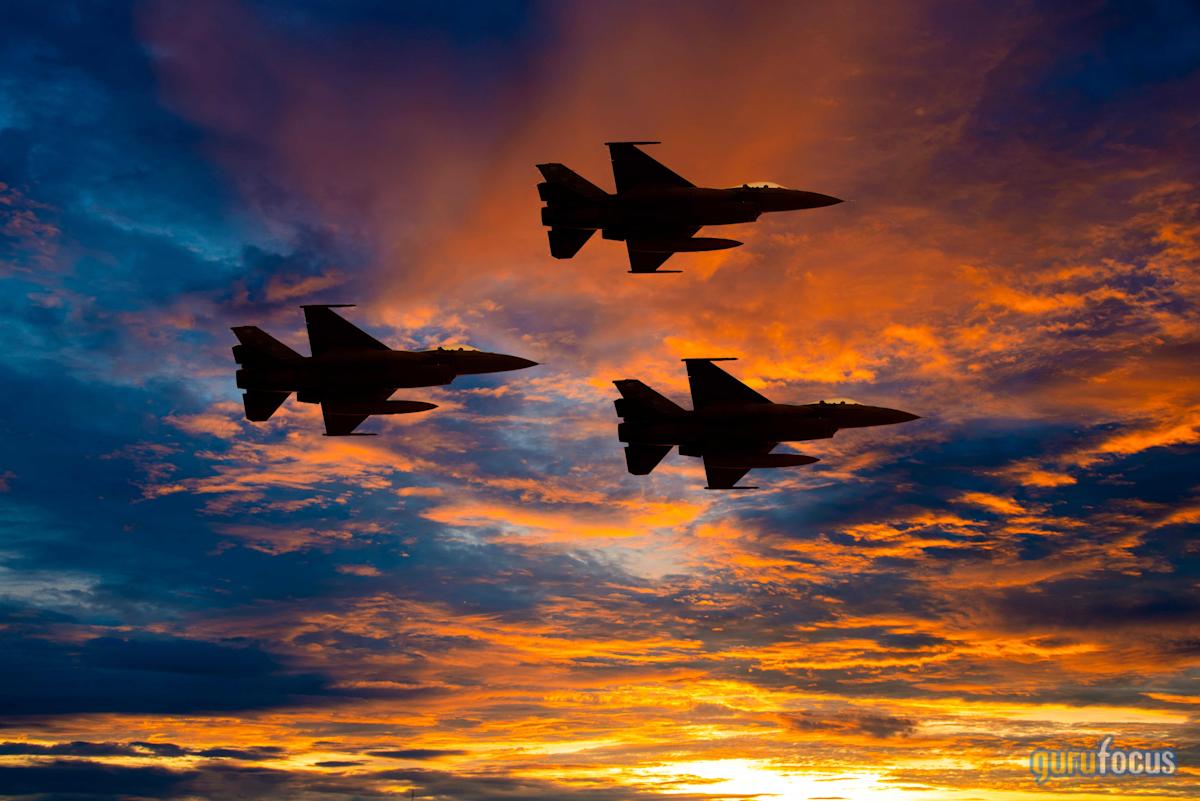This article first appeared on GuruFocus.
Germany’s defense establishment is starting to lose patience. After years of friction with Dassault Aviation (DUAVF) over who gets to call the shots on Europe’s next-generation fighter jet, Berlin is now exploring ways to move ahead with the Future Combat Air System (FCAS) even if France pulls out. According to people familiar with recent conversations, German defense officials and lawmakers have opened quiet discussions with alternative partners, including Sweden and the UK, should Dassault continue pushing for what some see as an outsized leadership role. Dassault CEO Eric Trappier pushed back on claims of an 80% control demand, calling them a caricaturebut insisted the program needs a designated lead, a position he believes Dassault is best placed to fill, citing its Rafale track record.
Talks between Chancellor Friedrich Merz and Spanish Prime Minister Pedro Sanchez in Madrid added urgency to the situation. Both leaders reaffirmed the strategic importance of FCAS, but signaled diverging red lines: Merz wants progress as soon as possible, even if that means breaking the impasse, while Sanchez reiterated Spain’s preference for sticking with the original tripartite structure. Meanwhile, Airbus SE continues to resist Dassault’s leadership push, viewing it as incompatible with past agreements. The UK may be a long shot for FCAS collaboration, given its commitment to the competing GCAP program with BAE Systems and Leonardo. But political instability in France and Dassault’s increasingly firm stance could force Berlin to rethink the lineup entirely.
German and French defense ministers have been tasked with proposing a realistic path forward by year-endbut whether they can bridge the rift remains an open question. If Dassault exits, FCAS could fracture, reshaping the power map of Europe’s defense sector at a time when industrial autonomy is becoming a priority. For investors tracking aerospace names like Airbus, BAE Systems, and Leonardo, this evolving dynamic could introduce new opportunitiesor fresh execution risksas the race for Europe’s sixth-gen fighter splinters into multiple paths. Germany’s willingness to act without France may not be a bluffit could be the next phase.
